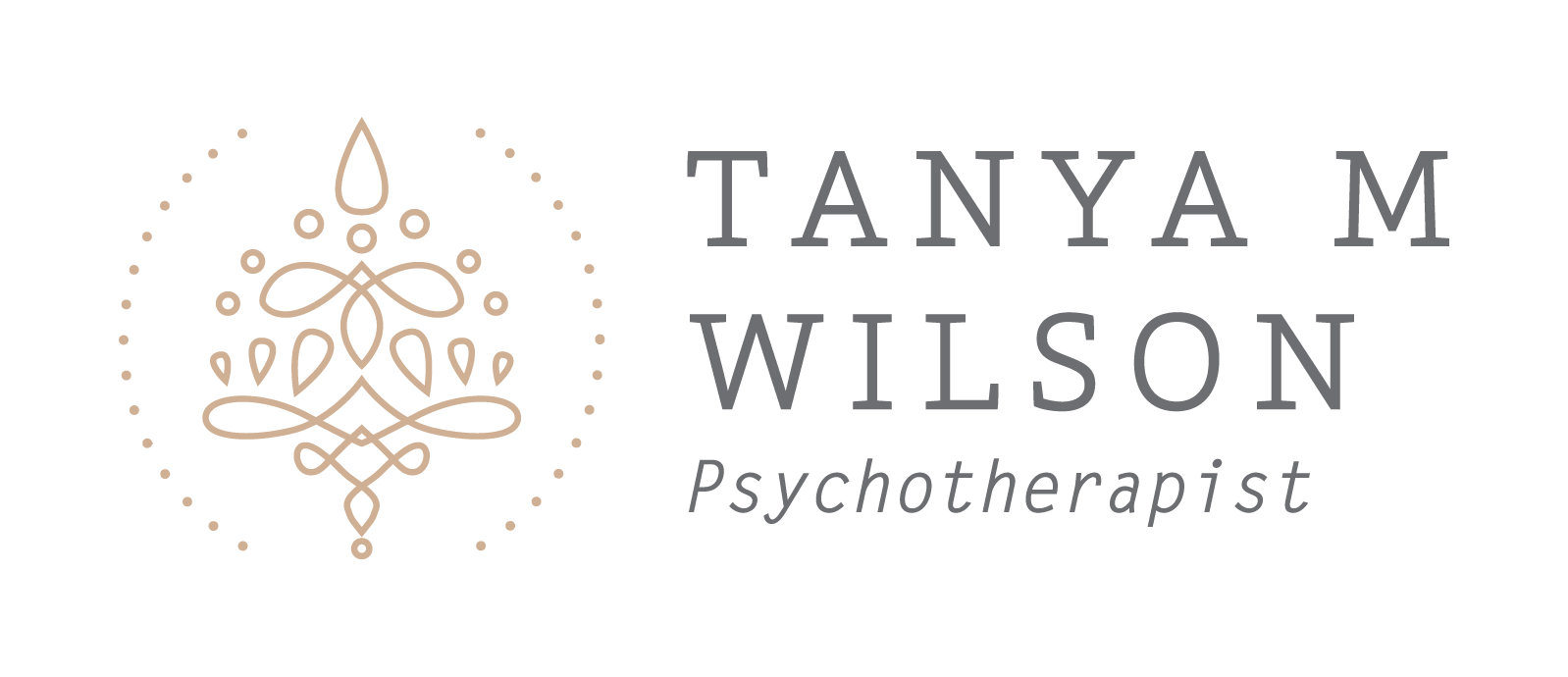Australians are more stressed and burnt out than ever. We’re looking at 35 per cent of us reporting significant distress in our lives. And more than 26 per cent having above normal levels of anxiety. The effects of heightened stress can play a huge role in your short and long term health and affects your day to day wellbeing.
One of the most potent ways to counteract the consequences of stress and living in a world with many pressures and expectations is with profound, genuine self care.
You might already think you have a handle on self care. Often we can give ourselves the false indication that that’s what we’re doing. When really we are just doing a bunch of actions that look like self care but really aren’t tapping in to what it is to truly care for the self.
When self care is mentioned, it can conjure up images of having pedicures, nights on the couch with take away, warm aromatherapy baths or going shopping. And these delicious activities are rewarding and can most certainly contribute to a better wellbeing.
The lack of self care
Often the existence of pathological busyness, too much responsibility or feeling chronic overwhelm, are the ultimate result of lack of self care. Once these symptoms are present and start to interfere with interpersonal relationships and day to day life (such as ongoing irritability, health complaints, exhaustion) is only when we start to take action. That action looks like “Bandaiding” these symptoms with relaxing and pleasurable activities as mentioned above, which does little to help the bigger picture without inner change or attention. The assistance or relief these activities provide are often short lived and need to be revisited time and time again, to maintain the relaxed and pleasurable feeling they provide.
Self care is not solely about these acts. In fact, it is not really about any action at all. But rather, it is an attitude, a state of being and a choice for self that begins in a deeper place than that of our external world.
But rather, it is an attitude. A state of being and a choice for self that begins in a deeper place than that of our external world.
Self care is inextricably linked to self esteem. And self love and really comes into play when we are asked to take responsibility for ourselves. Some individuals are asked— or feel that they are asked— to take responsibility for themselves at a very young age. Whereas some people are at the other end of the spectrum, remaining in a state of being ‘taken care of’ regardless of the phase of life they are in. Irrespective of one’s circumstances and history self care, at its core, is proportional to our self esteem. It’s directly indicative by how and what we take responsibility for in our lives.
Self care is inextricably linked to self esteem…
Over many years in private practice, I have witnessed often when individuals become overburdened with responsibilities, that a need for self care is highlighted. At first, it is natural to gravitate toward things that are pleasurable and relaxing. Because often, when we are overburdened with responsibilities, it is the pleasurable and relaxing things in life that seem to go first.
The dynamic where we have been so exasperated by life (often through work/other people/a difficult relationship or similar) that we do some sort of action that makes us feel like we are taking care of ourselves. To make us feel better and help us access a mimicked or temporary relaxed state but doesn’t quite get to the root of the problem. Wanting to feel better and more relaxed is natural and understandable. But these actions are often sought when there is a lack of self care present.
What we’re actually seeking is an alignment with oneself that has been deeply missing. As I mentioned in the last enews, self care is an attitude, state of being and choice for self. But furthermore, here’s the palpable truth: self care is actually a decision! It’s a decision to align with you. It is an active decision to take responsibility for yourself and all the aspects that make up your experience.

Self care is actually a decision
Responsibility can absolutely sound like a heavy word, particularly heavy for those who already feel so burdened. But if you readjust the way you look at taking responsibility for yourself as a code word for empowerment. Meaning feeling strongly in your own place of power. This is the flavour of this type of responsibility we’re seeking: self responsibility.
Through our interactions and relationships with others we get to witness what choices we are actively making when it comes to our own self care. And our self responsibility. Moreso, our interactions give us an opportunity to not just observe. But also to strengthen, practise, play with, change, highlight, evolve or sometimes just reinstate our attitude and decision of self care.
So where do you start? Start with observation. When those around you ask you to do something or be someone, what decisions are you making when it comes to your self care?
Need to learn more about self care? Get a free copy of my book: The New Self Care.


